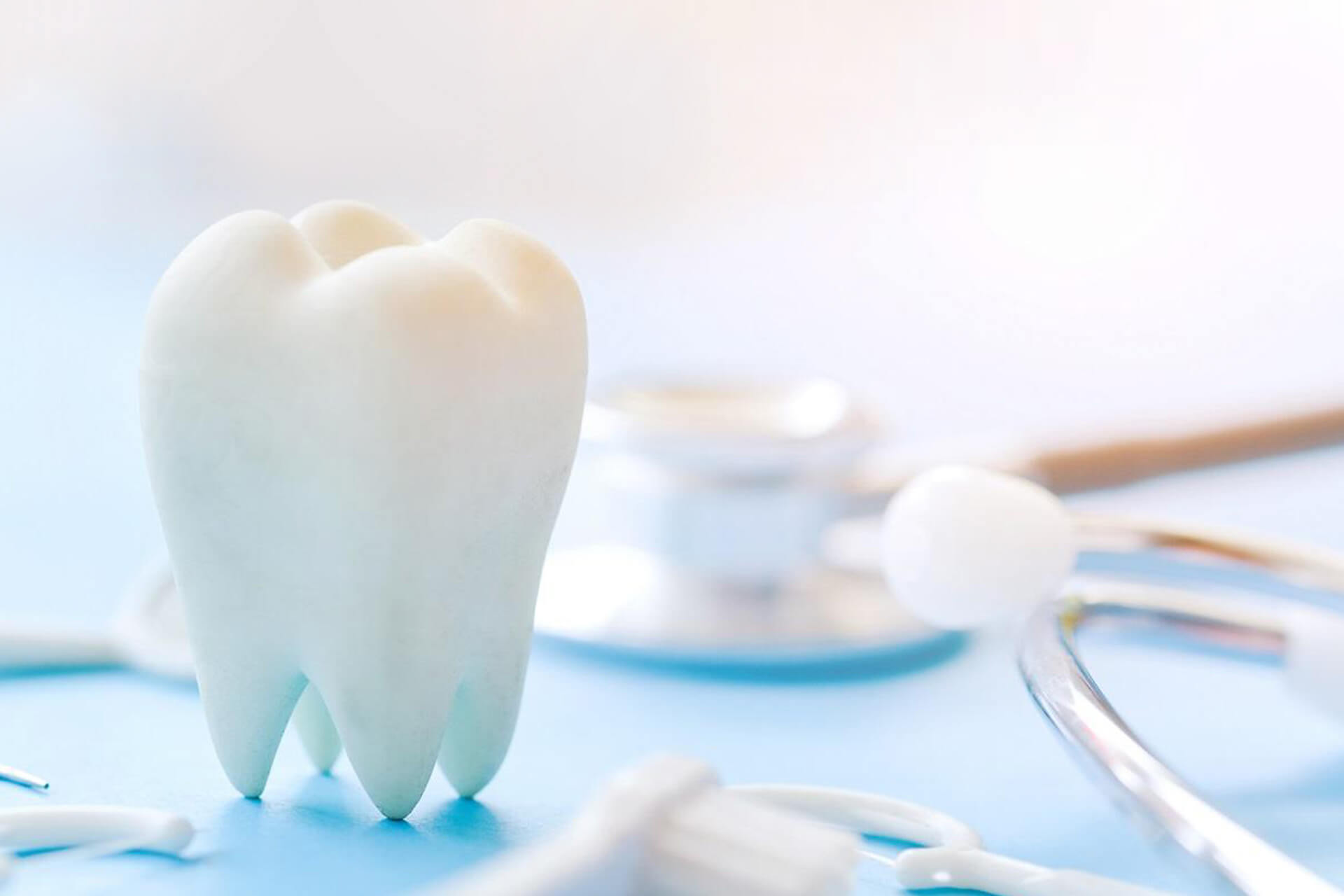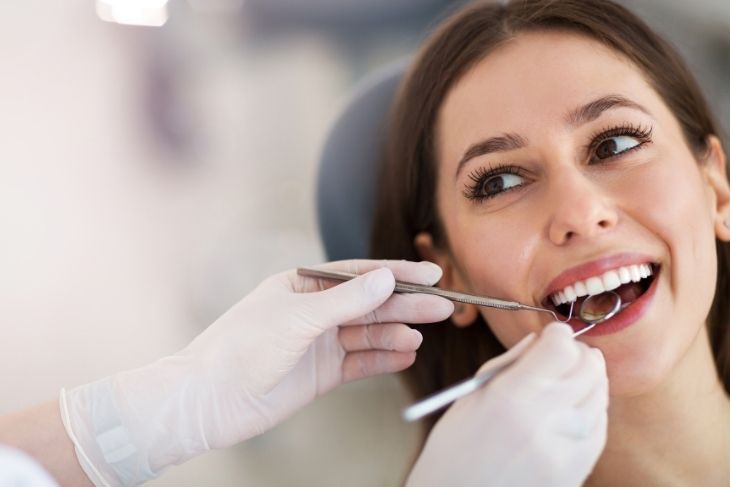
What should you eat after your dental treatment ?

After a long day at a dental clinic, sitting in the dental chair for hours, I am sure a hearty meal is both tempting and desirable. But your dentist or oral surgeon has given you some specific food-related instructions and now you don’t have a choice but to follow them. I KNOW, THAT IS SAD!
I am pretty sure that some questions must have popped up in your mind.
Why should I eat soft food?
How long am I supposed to be on a soft or liquid diet?
Do I have to be on a soft diet for the rest of my life?
My dentist has told me to avoid hot beverages for a few days, do I really need to do that?
And many more…..
The purpose behind writing this blog is to try and make our readers understand why we dentists advise our patients to have a soft diet after their dental treatment. We also aim to guide them into eating the right kind of food after their dental treatment.
If you have been to a dentist I am sure you may have undergone procedures like root canal treatment, dental fillings, teeth cleaning, teeth whitening, removal of a bad/decayed tooth and at times replacing a missing tooth, etc.
During your dental visit, your dentist may sometimes inject a local anaesthetic. This will probably numb a single tooth, or a small area of your jaw and at times (but not always) one side of your face. This depends on the kind of dental treatment which needs to be done. Due to local anaesthesia, the said area will be numb for a certain duration, which can last anywhere between 2-4 hours. If you chew hard food from the numb side, there is a probability that you might accidentally bite your cheek or tongue, and you won’t even realise it until later when the anaesthesia wears off. Such accidental cheek or tongue bites might cause painful ulcers or wounds, causing further discomfort after your dental treatment. To avoid such a scenario, your dentist will ask you to have soft food for the next 2 days and chew from the side which has not been anaesthetized.
Dental treatment such as dental fillings, fixation of crowns and bridges have a setting time. Meaning the material used for filling and fixation of caps reaches its 100% strength in the next 24 hours. So after such procedures, a strict soft diet is recommended. Also, you may be asked to refrain from drinking water for an hour post-treatment.
Surgical procedures such as tooth removal, dental implant placement, periodontal surgery will require more care and attention. After an oral surgery procedure, you will have to stick to soft food, so that you don't irritate the open wound. You may experience some soreness in your jaw post-surgery, so it's better to stick to a soft/liquid diet. Dentists or oral surgeons normally ask their patients to stick to a soft diet for at least 48 hours. Having piping hot drinks and beverages may irritate the gums and open wounds. Therefore, you must have food that is cool and at room temperature during the initial 24 hours, and gradually shift to lukewarm food.
It goes without saying that a balanced and nutritious diet is important for wound healing after any surgical treatment. So to promote a speedy recovery you will have to pay attention to what you are eating. The goal is to have a balanced diet as well as have food that is not hard or crunchy to chew.
Here are some examples of food that you can have after your dental treatment:
- Soup (not piping hot)
- Dal rice
- Curd rice
- Boiled eggs
- Soft scrambled eggs
- Idlis
- Upma or sheera
- Paneer
- Oatmeal
- Steamed soft vegetables
- Yogurt
- Smoothies and milkshakes
- Milk
After the initial few days of your dental treatment, you can gradually return to your regular diet and can even have hard and crunchy food. One needs to understand that what to eat and how long to have a specific type of diet depends from case to case. This blog is meant to be a reference and not to be taken as a strict guideline. To know more you can always ask your dentist for specific instructions.



